The most common Trading Strategies used

However, trading in Forex can be a challenging and complex endeavor, requiring a solid understanding of the market and effective trading strategies. In this article, we will explore some of the best Forex trading strategies that have been shown to work previously.
Forex trading involves significant risk due to the highly volatile nature of currency markets, which can lead to substantial financial losses. Therefore, traders should carefully manage their positions and utilize risk management strategies such as stop-loss orders to limit potential losses and protect their capital.
Trend-following Strategy
One of the most common Forex trading strategies is trend-following. This approach involves analyzing charts and identifying the direction of a trend. Once a trend is established, traders can take positions in the same direction as the trend. This strategy can be effective in markets that exhibit strong directional trends.
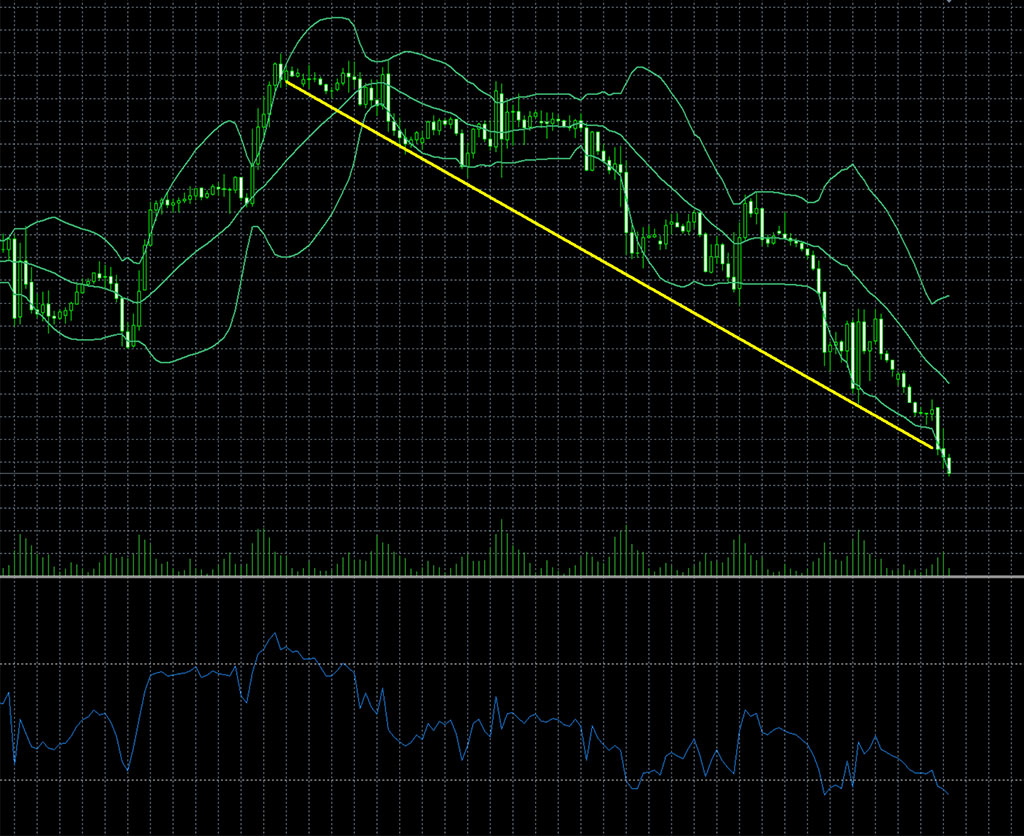
Breakout Strategy
This strategy can be particularly effective in volatile markets where sudden price movements are common. Traders using this approach will typically place stop-loss orders just below the breakout level to limit potential losses.
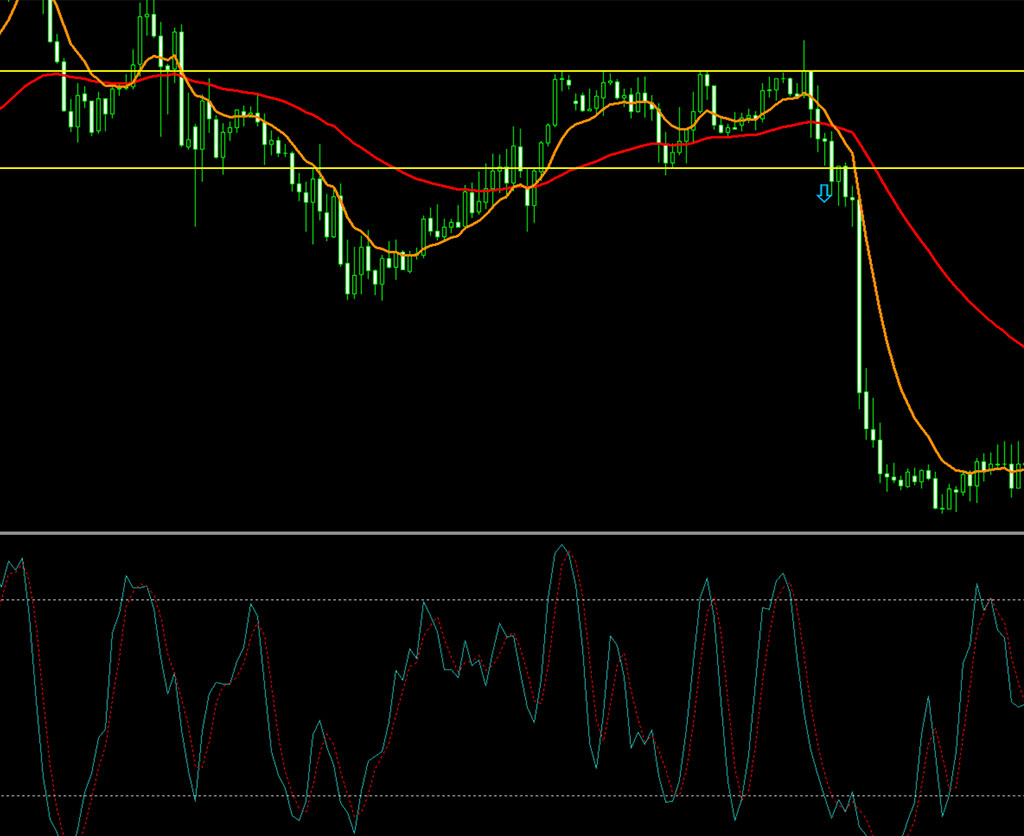
Position Trading
Position trading involves holding positions for an extended period, typically weeks or months, in order to capture larger price movements. This strategy requires patience and discipline, as traders must be willing to hold their positions through market fluctuations.
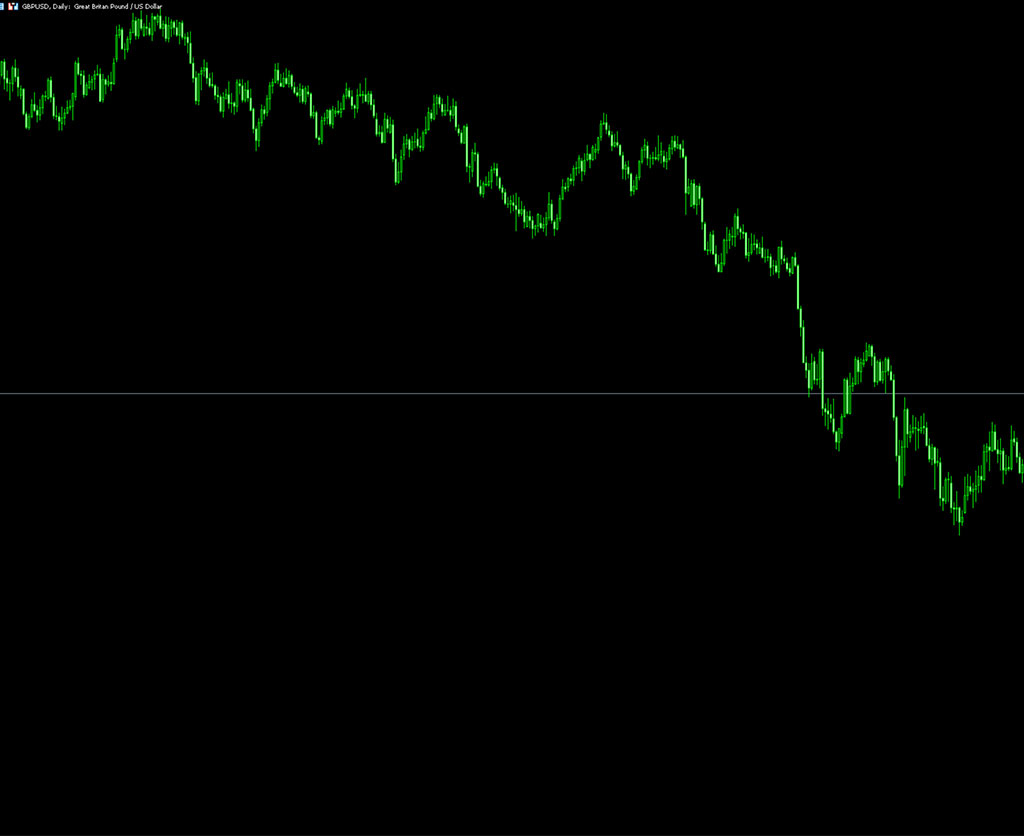
Range Trading
Range trading involves identifying key levels of support and resistance and trading within that range. This strategy can be particularly effective in markets that lack a clear directional trend. Traders using this strategy will typically buy at the support level and sell at the resistance level.
A range-bound market is one in which the price of a currency pair moves within a certain price range over a period of time. Range trading involves buying at the lower end of the range and selling at the upper end of the range, or vice versa.
It is a strategy that can be used in a variety of market conditions. However, it is particularly useful in markets that are not trending strongly, but rather moving sideways or oscillating between support and resistance levels.
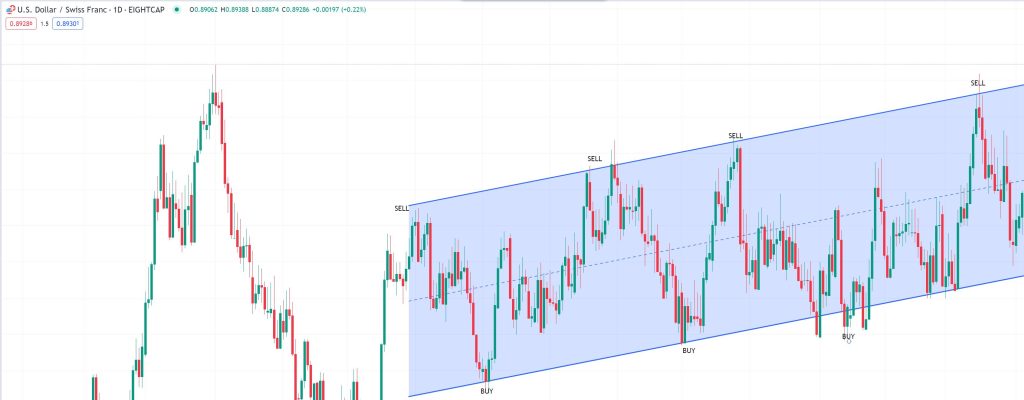
To identify a range-bound market, traders typically use technical analysis tools such as support and resistance levels, trendlines, and moving averages. Once a range has been identified, traders can enter positions based on their assessment of the price action and the likelihood that the price will continue to trade within the range and should have a good understanding of market conditions. They also need to be disciplined in their approach to trading and have a solid risk management plan in place.
By using these tools and indicators, traders can improve their chances of success and minimize their risks when trading in range-bound markets.
Scalping Strategy
Scalping is a popular Forex trading strategy that involves making numerous trades within a short period of time in order to profit from small price movements. The aim of scalping is to make a small profit on each trade while minimizing risk and exposure to the market.
It is an approach typically used in markets that are highly liquid and have low volatility, as this allows traders to make quick trades without risking significant losses. The strategy is also suited to traders who have a high level of discipline and can remain focused on the market for extended periods of time.
They also need to have a solid risk management plan in place to minimize losses, protect their capital and remain focused on the market at all times. Having a solid understanding of market conditions and price movements is a must.
Scalping is a high-risk trading strategy and traders should be prepared to accept losses as part of the process
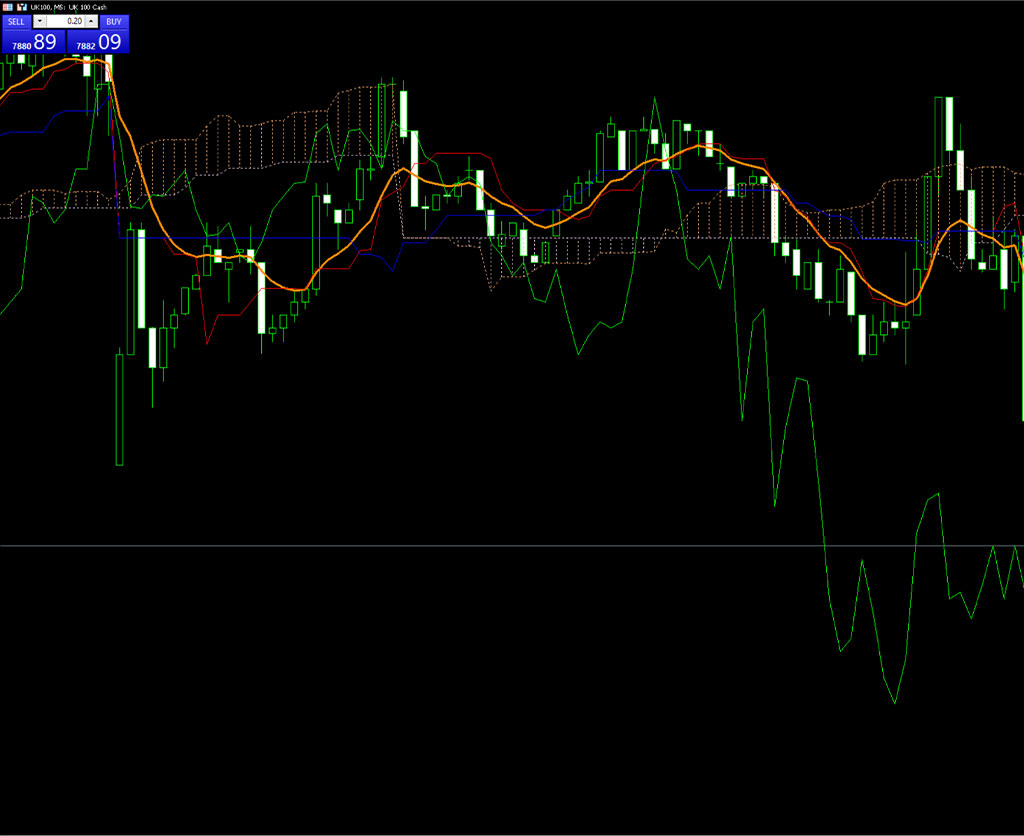
Carry Trading
Carry trading involves taking advantage of interest rate differentials between currencies. Traders using this strategy will typically borrow in a low-interest-rate currency and invest in a high-interest-rate currency. This strategy can be particularly effective in markets that exhibit stable interest rate differentials over time.
To execute the carry trading strategy, traders typically look for currencies with a wide interest rate differential and a stable political and economic environment. This allows traders to earn interest on the currency they are long and pay a lower interest rate on the currency they are short.
One of the key benefits of carry trading is that it can provide a consistent source of income over time. However, it’s important to note that carry trading can also be a high-risk strategy, as currency values can be volatile and interest rate differentials can change quickly. Traders must manage their risk effectively and should consider using stop-loss orders to help protect against unexpected market movements.

Disclaimer
* The information provided here has been prepared by Eightcap’s team of analysts. All expressions of opinion are subject to change without notice. Any opinions made may be personal to the author and do not reflect the opinions of Eightcap.
In addition to the disclaimer on our website, the material on this page does not contain a record of our trading prices, or represent an offer or solicitation for a transaction in any financial instrument. Eightcap accepts no responsibility for any use that may be made of these comments and for any consequences that result. No representation or warranty is given as to the accuracy or completeness of this information. Consequently, any person acting on it does so entirely at their own risk. Any research provided does not have regard to the specific investment objectives, financial situation and needs of any specific person who may receive it. It has not been prepared in accordance with legal requirements designed to promote the independence of investment research and as such is considered to be a marketing communication.
Please note that past performance is not a guarantee or prediction of future performance. This communication must not be reproduced or further distributed without prior permission.


